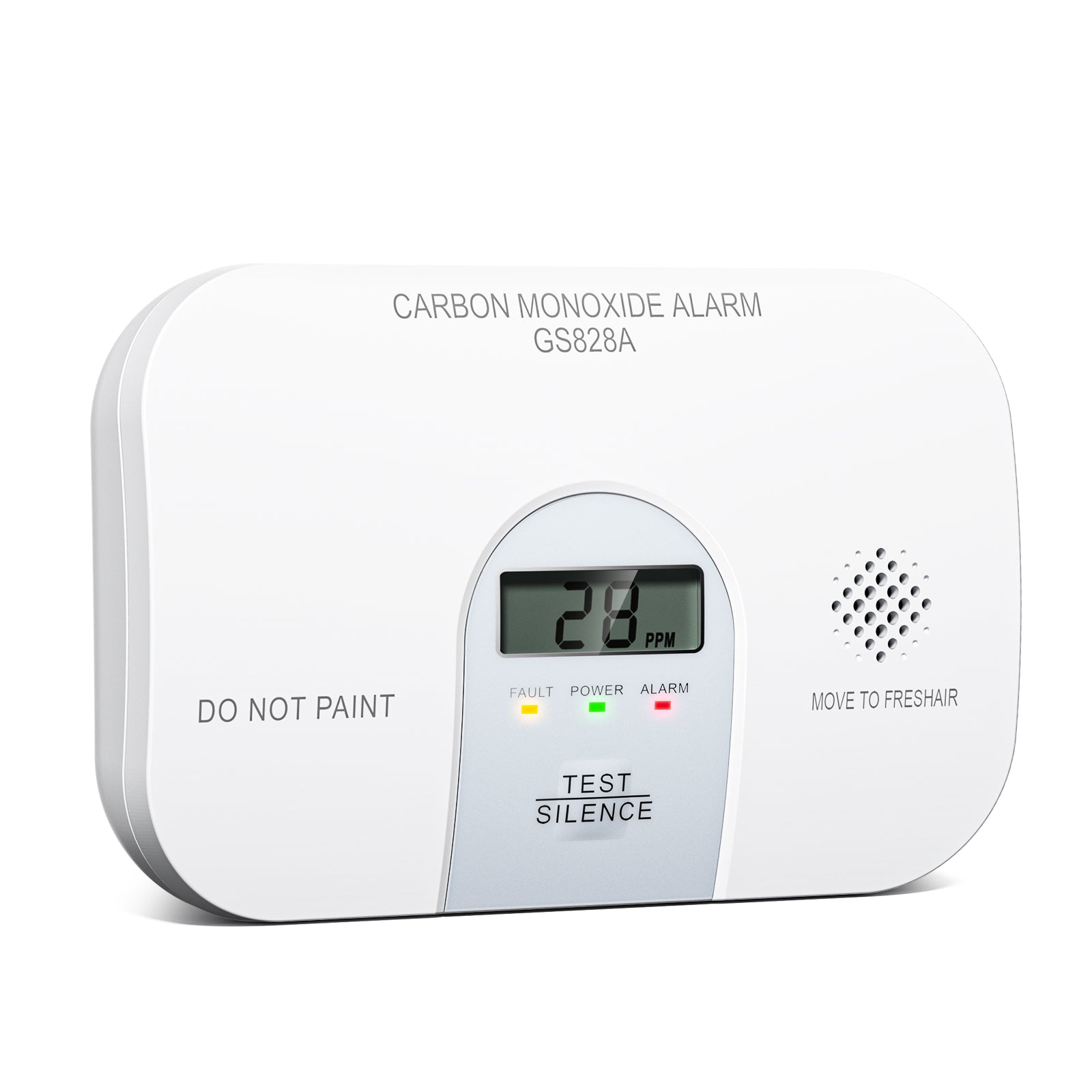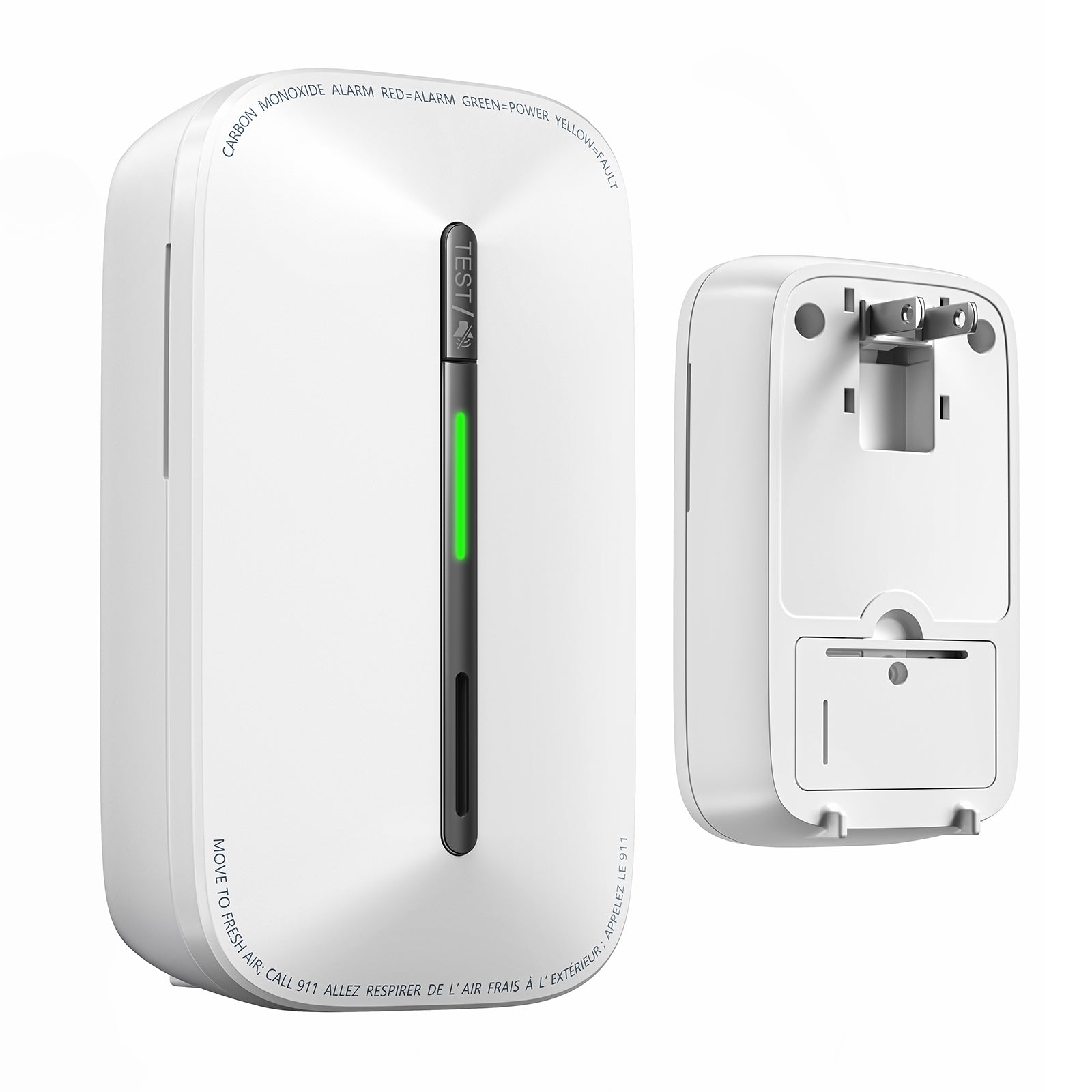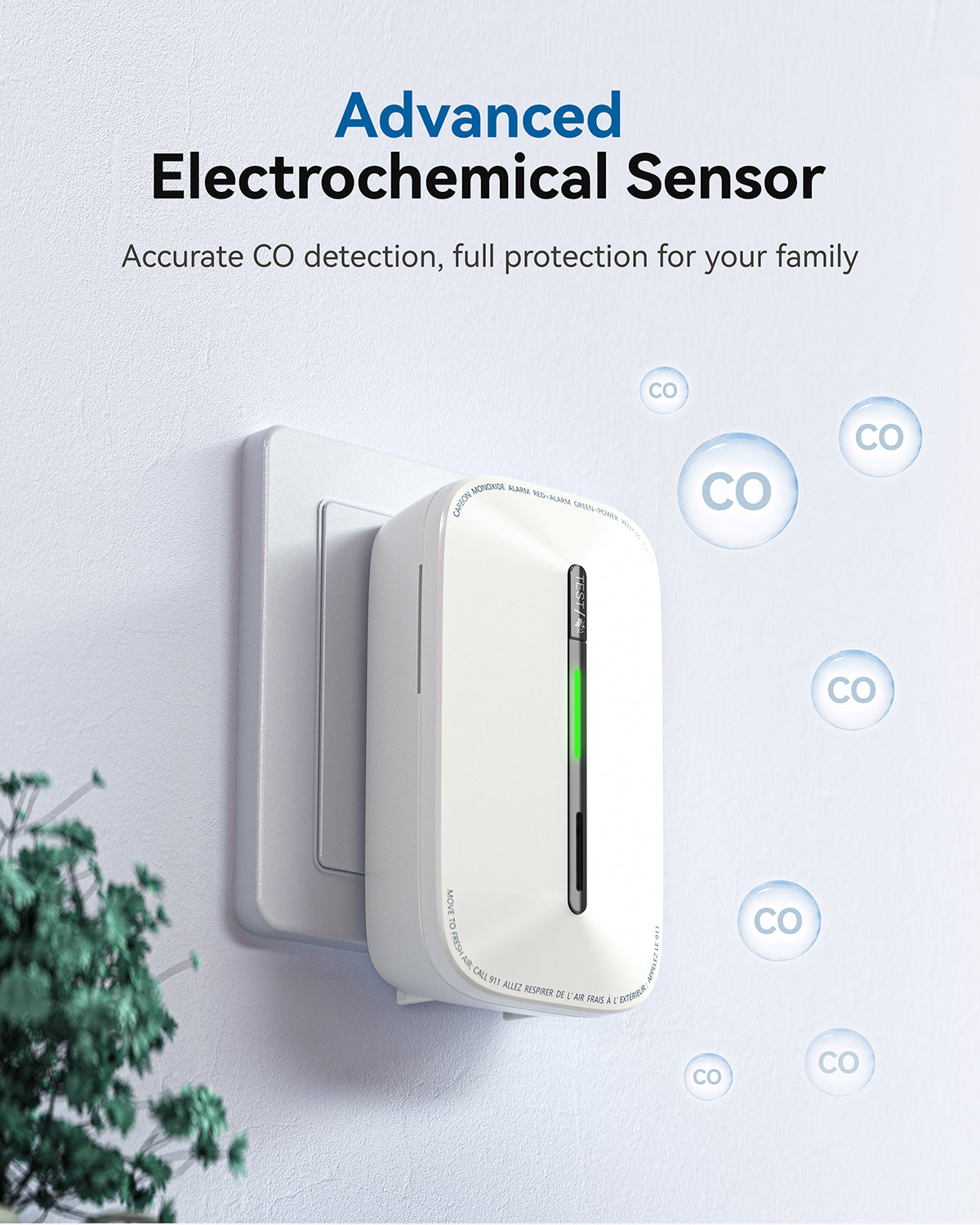Smoke detectors are an essential component of any home security system, designed to detect fire and provide protection to people and property. However, a smoke detector that is too sensitive can be a nuisance, triggering false alarms and creating unnecessary panic. If you are experiencing this problem, there are several reasons why your smoke detector may be too sensitive, and several steps you can take to fix it.
Common Reasons for Smoke Detector Sensitivity
There are several reasons why a smoke detector may be too sensitive and trigger false alarms. Here are some of the most common causes:
- Improper Installation: A poorly installed smoke detector may be too close to a window or other source of air movement, causing it to detect small amounts of smoke and trigger an alarm.
- Accumulated Dirt: Dust and other debris can accumulate on the smoke detector over time, causing it to become too sensitive and trigger false alarms.
- High Humidity: When the air is too humid, it can cause the smoke detector to become too sensitive and trigger false alarms.
- Other Pollutants: Smoke detectors are designed to detect smoke, but they can also be triggered by other pollutants like steam, aerosols, and dust.
- Incorrect Placement: Placing your smoke detector too close to the kitchen or bathroom can cause it to become too sensitive and trigger false alarms.
How to Fix a Sensitive Smoke Detector
If you are experiencing problems with a sensitive smoke detector, there are several steps you can take to fix it. Here's what you need to do:
- Clean the Smoke Detector: Use a vacuum cleaner or a soft brush to clean the smoke detector and remove any accumulated dirt or debris. This can help to reduce the sensitivity of the detector and prevent false alarms.
- Adjust the Sensitivity: Most modern smoke detectors have a sensitivity adjustment feature that allows you to adjust the level of sensitivity to suit your needs. Consult the user manual or contact the manufacturer to find out how to adjust the sensitivity of your smoke detector.
- Move the Smoke Detector: If your smoke detector is too close to the kitchen or bathroom, move it to a different location where it is less likely to be triggered by steam or other pollutants.
- Have Your Home Inspected: If you have tried all of these steps and you are still experiencing problems with a sensitive smoke detector, it may be time to have your home inspected by a professional. A home inspector can help to identify any underlying issues that may be causing the problem and recommend a solution.
A sensitive smoke detector can be a frustrating problem for homeowners, but there are several steps you can take to fix it. By cleaning the smoke detector, adjusting the sensitivity, moving it to a different location, or having your home inspected, you can prevent false alarms and ensure that your home security system is working properly. If you are still experiencing problems with a sensitive smoke detector, contact the manufacturer or a professional home inspector for assistance.
From Siterwell Team.






